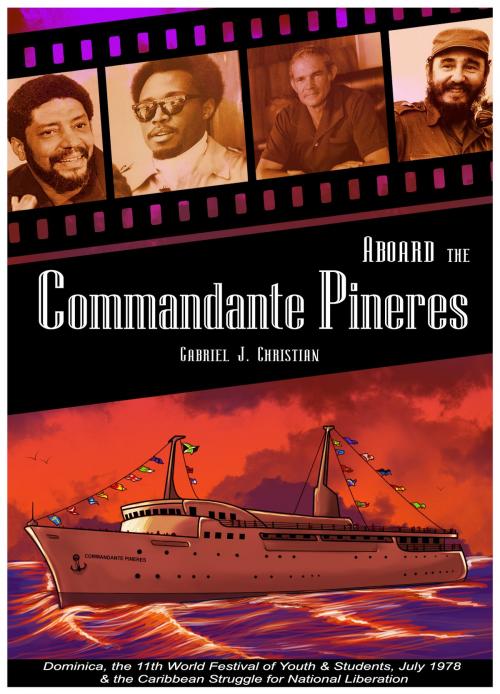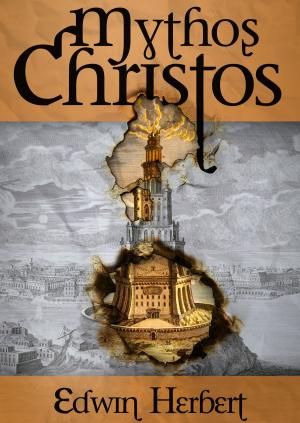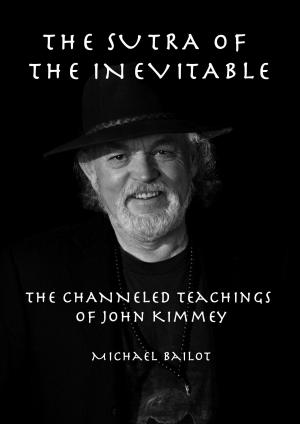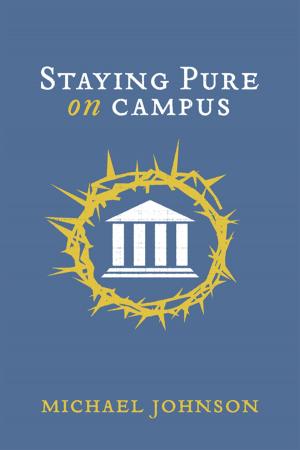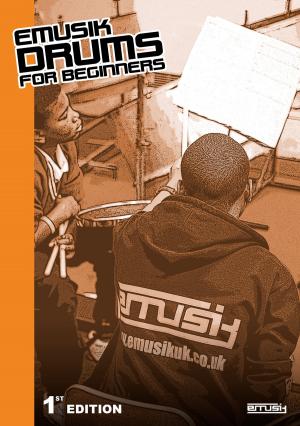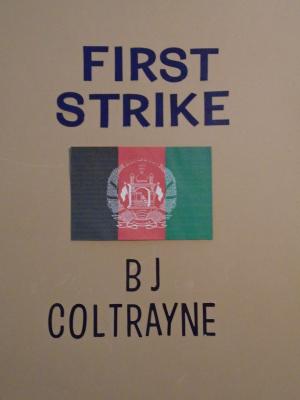Aboard the Commandante Pineres
Dominica, The 11th World Festival of Youth & Students, Cuba July 1978, & the Caribbean Struggle for National Liberation
Biography & Memoir, Historical| Author: | Gabriel J. Christian, Dr. Irving W. Andre | ISBN: | 9781495171703 |
| Publisher: | BookBaby | Publication: | May 30, 2016 |
| Imprint: | BookBaby | Language: | English |
| Author: | Gabriel J. Christian, Dr. Irving W. Andre |
| ISBN: | 9781495171703 |
| Publisher: | BookBaby |
| Publication: | May 30, 2016 |
| Imprint: | BookBaby |
| Language: | English |
The trip to the Cuban Revolution is at the center piece of this well documented memoir of the Caribbean independence movement by Gabriel Christian who participated in it as a young student leader. The trip to Cuba in 1978 provides Christian with a platform from which to observe and opine upon the social changes and political upheavals on Jamaica, Dominica, St. Lucia and the Grenadian Revolution made one year later on March 13, 1979. The Grenada Revolution is made, in part, by some of the delegates who represented Grenada at the 11th World Festival of Youth & Students and who befriended Christian. Christian is also a leader in the radical surge which removes Dominica's Prime Minister Patrick John following the May 29, 1979 riot and uprising on his own island. Invited by his Grenadian revolutionary comrades to celebrate the first anniversary of the Grenadian Revolution, Christian glimpses the first signs of the intolerance which ultimately dooms the Grenadian Revolution. Christian had been involved, in some form or the other, in the radical politics which shaped his youth from the relatively tender age of nine when news of the 1970 Trinidad Regiment mutiny during the Black Power surge in that sister English speaking island stirred debate in his household. After witnessing the rise and fall of Caribbean radicalism, and the efforts at post independence leaders to build just and prosperous societies Christian has had great exposure which allows some to comment with some wisdom. A practicing attorney in Maryland and US federal courts, Christian is an active civic leader in the Washington, DC metro area, the wider Caribbean and to his island Dominica, to which he remains committed. His memoir confirms the importance of democratic norms such as: free and fair elections, strict adherence to parliamentary procedures, rule of law, due process, a strong civil society, an independent judiciary, a dynamic private sector committed to social responsibility, an equality of opportunity society, and integrity in governance as key to the continued freedom and prosperity of the Caribbean people.
The trip to the Cuban Revolution is at the center piece of this well documented memoir of the Caribbean independence movement by Gabriel Christian who participated in it as a young student leader. The trip to Cuba in 1978 provides Christian with a platform from which to observe and opine upon the social changes and political upheavals on Jamaica, Dominica, St. Lucia and the Grenadian Revolution made one year later on March 13, 1979. The Grenada Revolution is made, in part, by some of the delegates who represented Grenada at the 11th World Festival of Youth & Students and who befriended Christian. Christian is also a leader in the radical surge which removes Dominica's Prime Minister Patrick John following the May 29, 1979 riot and uprising on his own island. Invited by his Grenadian revolutionary comrades to celebrate the first anniversary of the Grenadian Revolution, Christian glimpses the first signs of the intolerance which ultimately dooms the Grenadian Revolution. Christian had been involved, in some form or the other, in the radical politics which shaped his youth from the relatively tender age of nine when news of the 1970 Trinidad Regiment mutiny during the Black Power surge in that sister English speaking island stirred debate in his household. After witnessing the rise and fall of Caribbean radicalism, and the efforts at post independence leaders to build just and prosperous societies Christian has had great exposure which allows some to comment with some wisdom. A practicing attorney in Maryland and US federal courts, Christian is an active civic leader in the Washington, DC metro area, the wider Caribbean and to his island Dominica, to which he remains committed. His memoir confirms the importance of democratic norms such as: free and fair elections, strict adherence to parliamentary procedures, rule of law, due process, a strong civil society, an independent judiciary, a dynamic private sector committed to social responsibility, an equality of opportunity society, and integrity in governance as key to the continued freedom and prosperity of the Caribbean people.
